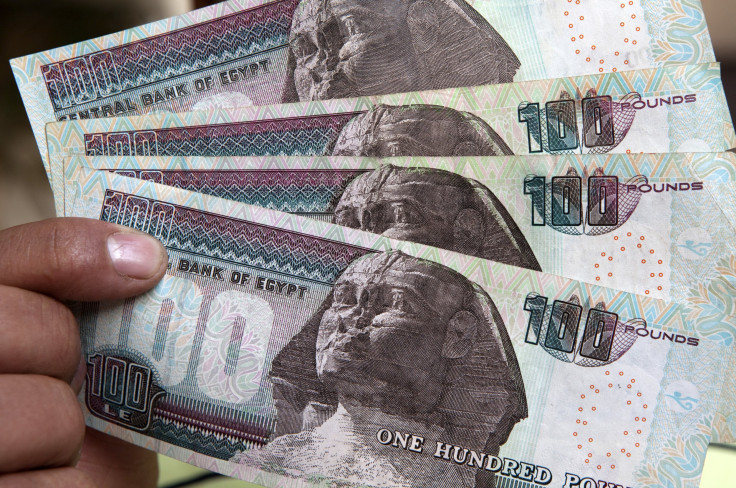Saudi Arabia Drops Egyptian Pound From Exchange Markets As Currency Rapidly Depreciates

Saudi Arabia’s currency exchange outlets have dropped the Egyptian pound following the currency’s sharp decline in value in recent months, Saudi media reported Thursday.
The decision to halt trading of the pound was made by currency agencies. The Saudi government and commercial banks “are more concerned with the needs of their clients” and “only deal in major global currencies,” Talaat Hafiz, secretary-general of the media and banking awareness committee, told the Saudi Gazette.
Despite Riyadh and others’ financial support of Egypt gaining momentum just months ago, Saudi Arabia has more recently reined in its aid to the country and its exchange agencies have discontinued trading Cairo’s rapidly depreciating currency on the black market. Lending to Egypt has skyrocketed in the past two years, jumping nearly 250 percent between 2014 and 2015, according to the World Bank. Yet its pound continues to hit record lows.
In June, Egyptian President Abdel Fattah el-Sisi celebrated the three-year anniversary of the military coup that toppled his democratically-elected predecessor, Muslim Brotherhood leader Mohammed Morsi. Since the coup, the Egyptian pound has fallen in value from about seven pounds per U.S. dollar to nearly nine pounds per dollar today.
The country’s inflation rate hit 15.5 percent in August, as prices rose nearly 2 percent between August and September, according to Bloomberg. Around that time, the International Monetary Fund agreed to hand Egypt a three-year, $12 billion loan. Critics argued that would simply saddle the country with further economic woes by dramatically increasing its debt, as key revenue sources, such as tourism and revenue from the Suez Canal, continue to decline.
But the IMF isn’t the only governing body giving Egypt a hand. In April, its wealthy Middle Eastern neighbor Saudi Arabia began investing up to $21.5 billion to finance Egypt’s oil industry needs for the next five years — a project the Saudi government suspended in mid-October. It also agreed to a joint bridge project to connect the two countries via the Red Sea.
Why is Riyadh so generous? The kingdom has a gross domestic product per capita of nearly $20,500 is more than five times Egypt’s $3,600. It has labeled the group behind the regime ousted by el-Sisi, known as the Muslim Brotherhood, a terrorist organization.
© Copyright IBTimes 2025. All rights reserved.






















